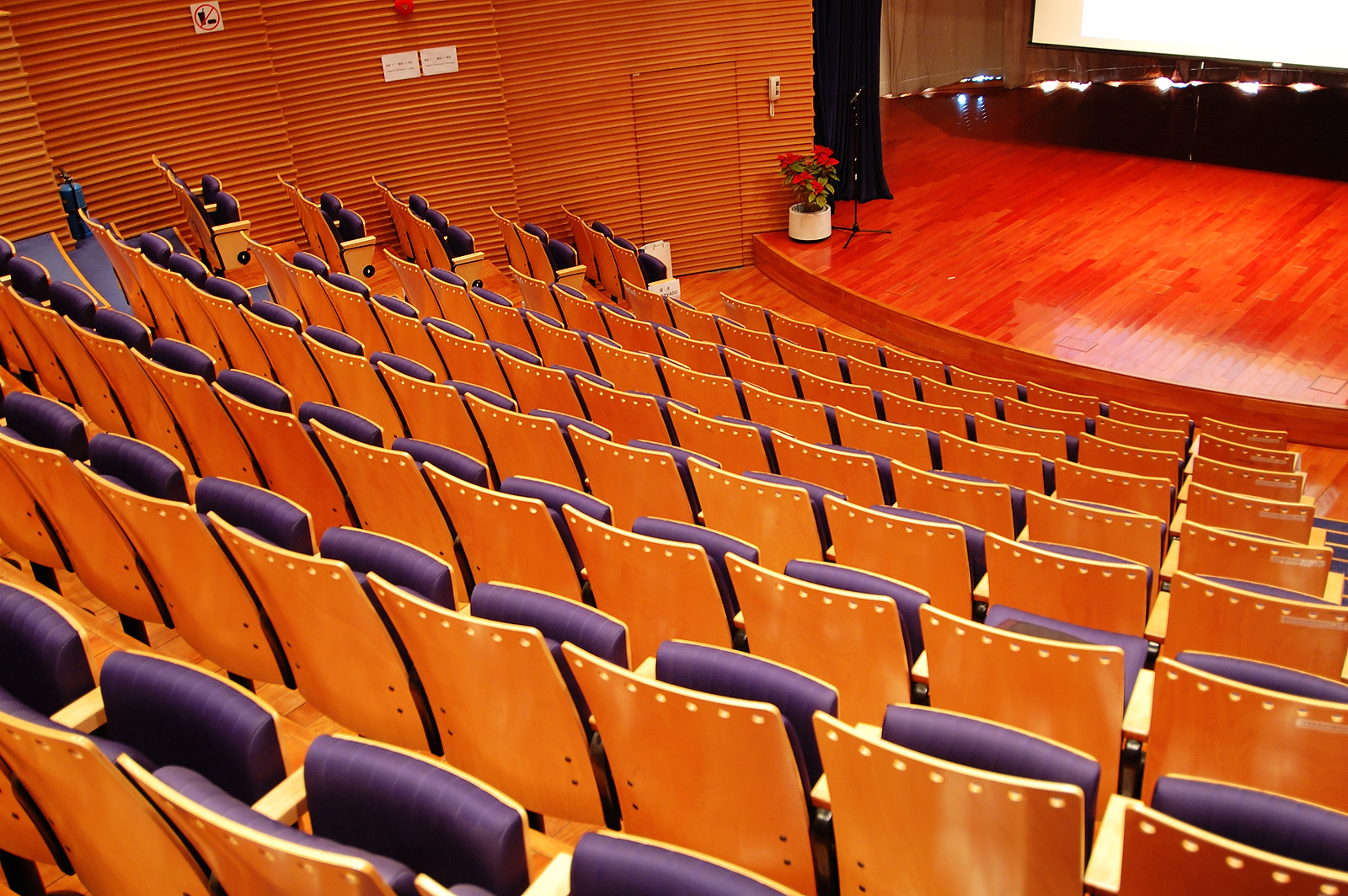
One of the key skills an actor should develop is breaking down a script, whether they want to act for stage or screen. This helps you to understand the story arc and character in more depth, enabling you to deliver a more confident and convincing performance. Here’s a guide to getting to grips with a script.
Read the script x 3
Aim to read the script right through three times. On your first read, just take in the story and themes, thinking about what is driving the drama. On your second read, focus on your character and their central relationships: what is their emotional core, and how does it fit in with the key plot developments?
On your third read, get a feel for the tone and rhythms of the dialogue and how your character responds to other characters and events. Look for any subtexts (ie. hidden motivations that you might convey in body language or tone rather than words) that you might have missed before.
Break down the details
Now you have a handle on the story and character, delve into the context in some more depth. For example, is there any indication of the time period and location of the drama? This will help you to add subtle nuances to your performance. Similarly, is there any clue to your character’s backstory that could help you to understand their motivations?
Think about how this information will translate into stage: how will the situation appear from the audience’s perspective? Which other characters will you be sharing the space with, even if they do not have a speaking role?
As the Shakespearean character Jaques in As You Like it said, “All the world’s a stage”, so start to think about how you will approach your stagecraft even as you are reading.
If you find it helpful, add your own notes to the margins of the script to help you flesh out your thoughts. However, be wary of going too far and embellishing the story or character with details that are not present or implied in the script.
Start memorising lines
When you feel as though you have really got under the skin of your character, start the process of memorising lines. Break it down into manageable sections rather than trying to learn big chunks in one go. Say the words out loud rather than just reading them, and practice with a partner if you can, and aim to react to them rather than just say your piece.
As you become more familiar with your lines, start to think about your movements and body language as well as the words, as eventually these will all need to work together.
If you’d like the chance to develop your skills further, check out our adult acting classes in Liverpool.













